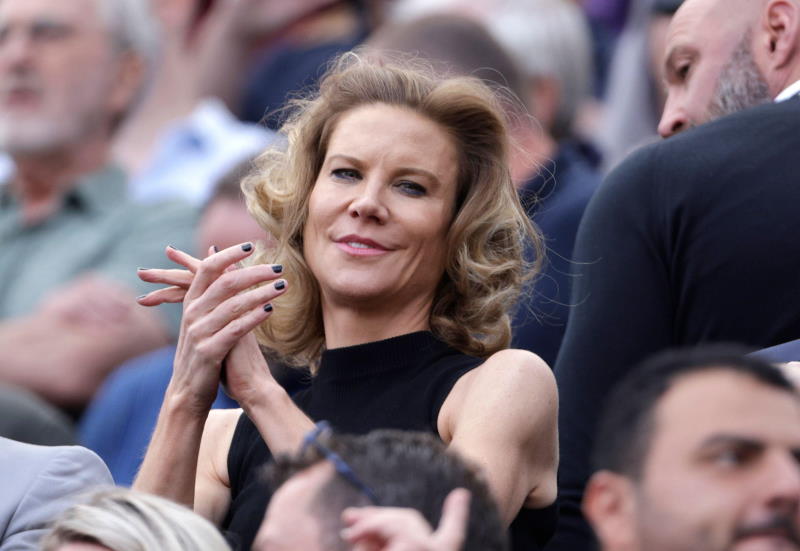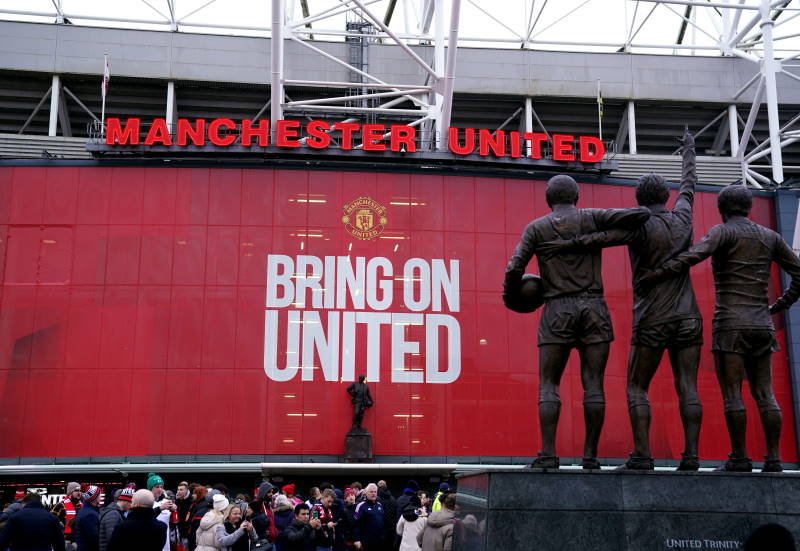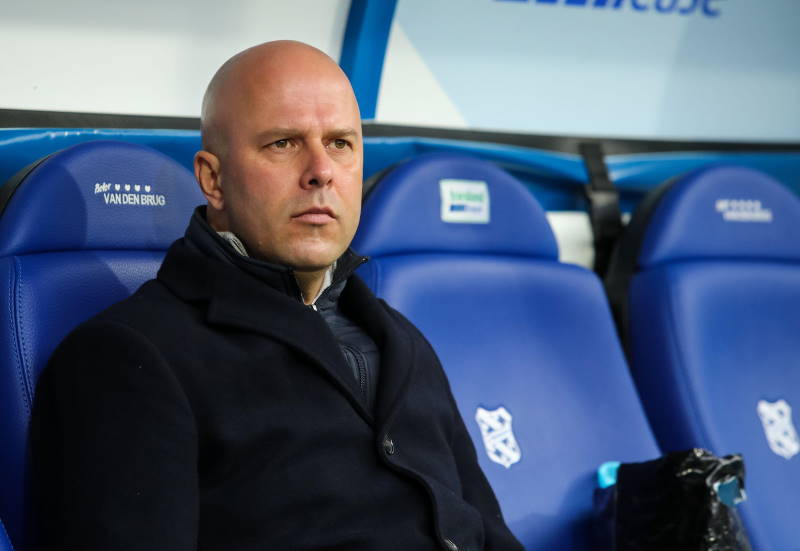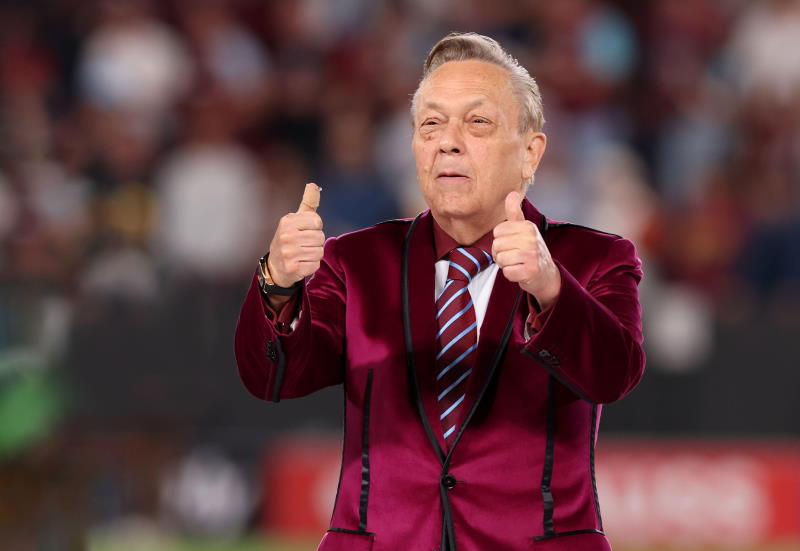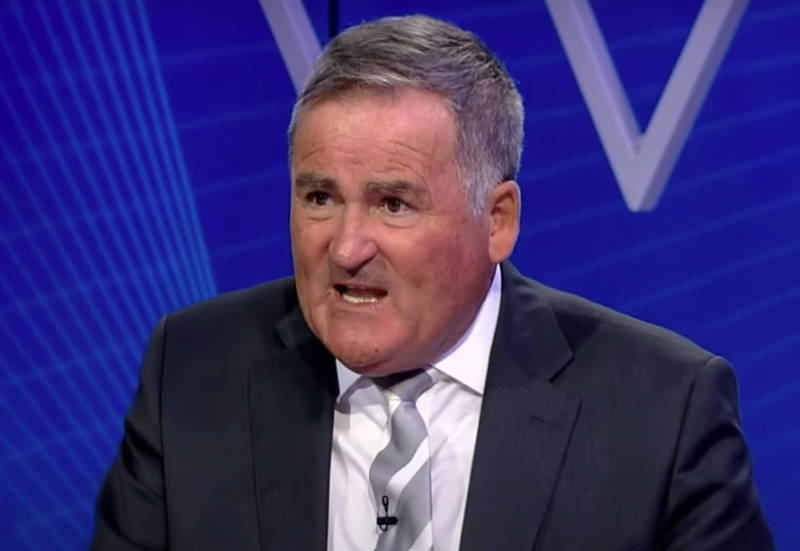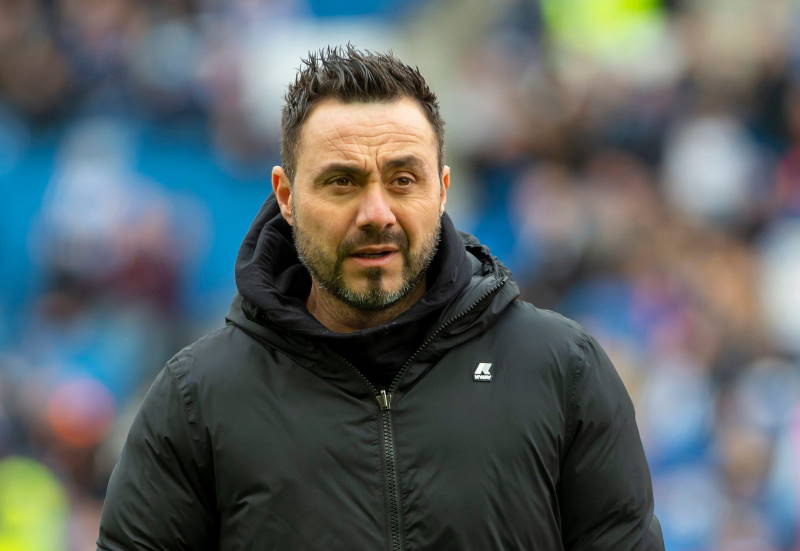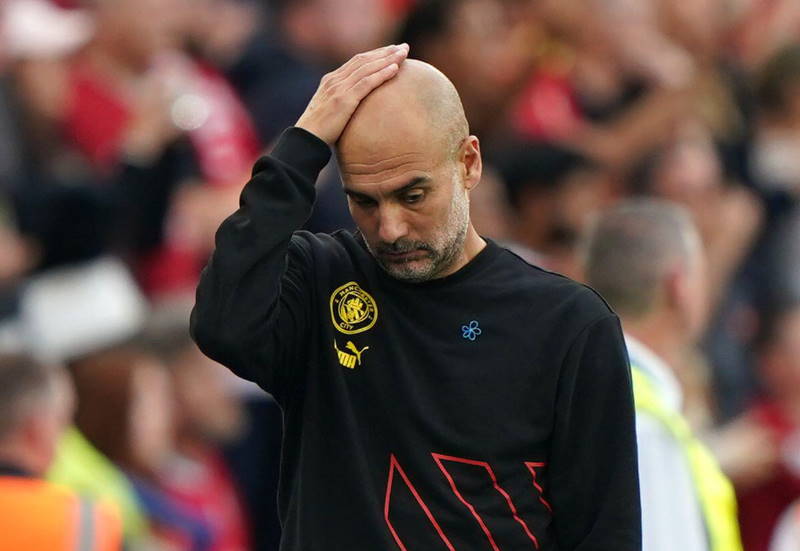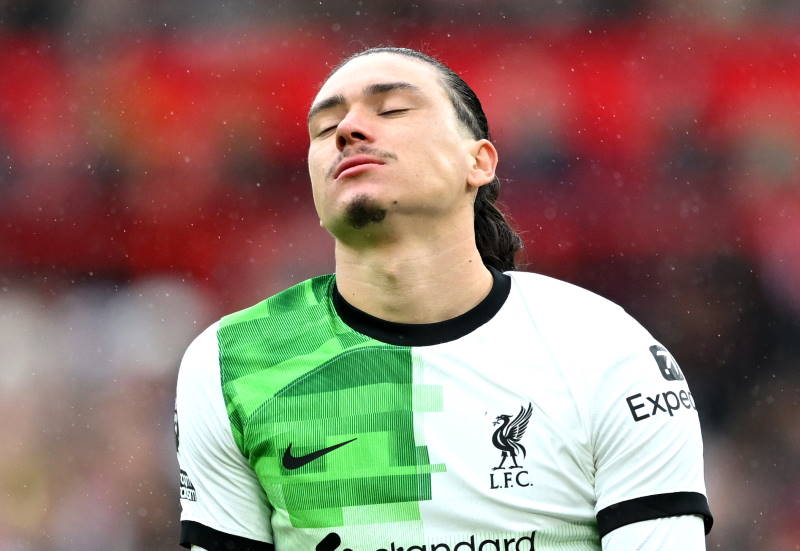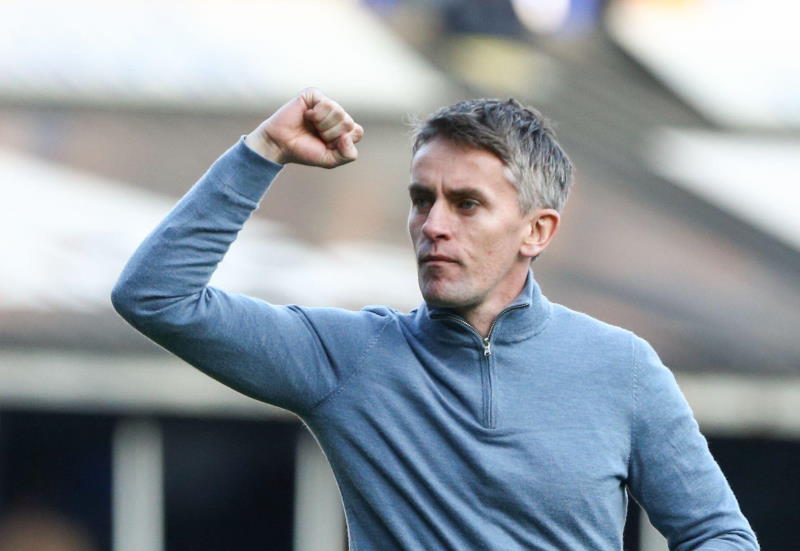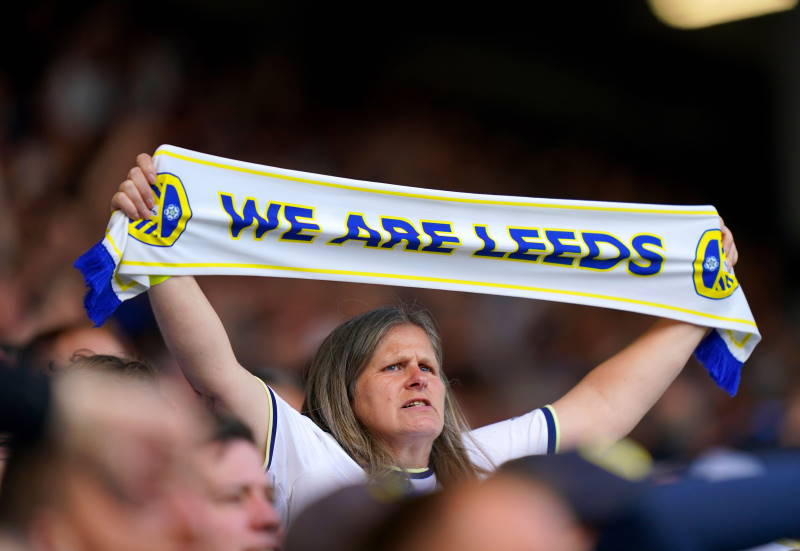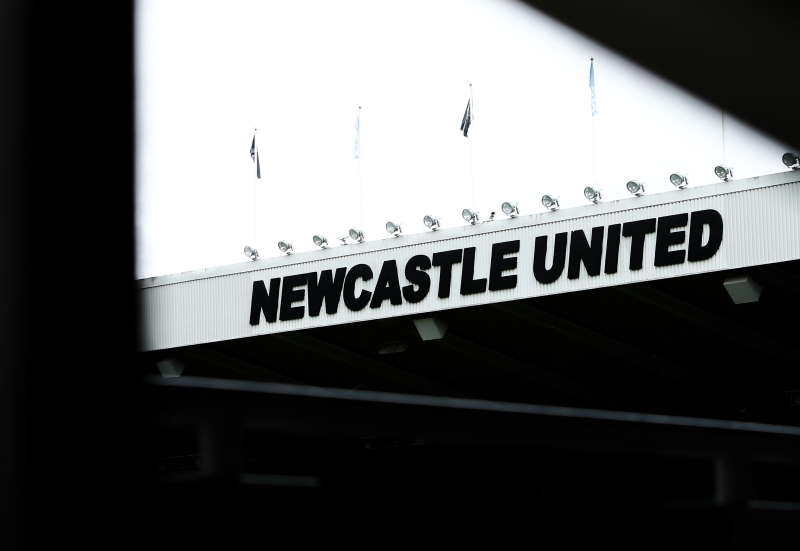
In a tense, pressure cooker atmosphere at the Camp Nou, Josep Guardiola dropped the bombshell, letting out of the closet one of Barcelona’s worst kept secrets: After four successful years, the 41-year-old was to clean out his cabinet and step down as Barcelona coach on 30th June.
The news that Guardiola was looking towards the next step of his managerial career had been mooted merely days after Barcelona’s Champions League exit at the hands of Chelsea. And on Friday morning, seven La Masia graduates and current players of the team took their seats as the football world awaited the specially arranged afternoon press conference.
“I have been emptied and need to be refilled”, revealed the coach minutes after Barcelona president Sandro Rosell informed the attendees that the former midfielder would not be present in the Camp Nou dugout for the 2012/13 season. “Four years is an eternity as Barca manager. It has been very demanding and a coach has to be strong and be able to get that energy across to the players. I have to recover it and I’ll do that by resting."
And the Santpedor-born man was not lying. The black hair that once covered his head in 2008 is now gone, replaced by a grey buzz cut and a regressing hairline. That is the price to be paid for leading a team to 13 trophies in 16 competitions.
After Barcelona’s previous coach Frank Rijkaard finished the 2007/08 season 18 points behind eventual winners Real Madrid, the Catalan side were inhabited a dark place. Ex-president Joan Laporta was in an uneasy position, and his managerial options at the time could not have been more different: Jose Mourinho or Barcelona B coach Josep Guardiola.
“Mourinho could have come, we contacted him”, said former Barcelona sporting director Txiki Begiristain. The decision to go with Guardiola was a bold move, to say the least, but one that would go on to pay massive dividends as he became the most decorated boss in Blaugrana history, surpassing Johan Cruyff’s “Dream Team” of the early 1990s.
Guardiola’s initial words when supervising his players in training were to stop dribbling like Lionel Messi and pass, pass and pass the ball around some more. He wanted his side to hold the game by the throat and establish their dominance on the pitch before delivering blow after blow to their opponents.
And the philosophy brought success, as 75% possession from game to game became a trademark of his team. His first season with the side turned out to be his greatest, winning La Liga, the Copa del Rey, Champions League, domestic and European super cups, and the FIFA Club World Cup, achieving an unprecedented level of success.
This feat alone would have pushed any manager to jump ships. But the coach carried on, perfecting his side and taking his players to the next level. As such, eight of the 23 men that would take part in the eventual successful Spanish run at the 2010 FIFA World Cup were Barcelona players; seven of those were La Masia graduates.
But Guardiola’s greatest feat is without a doubt elevating Lionel Messi above Cristiano Ronaldo as the world’s greatest player, and possibly even the best of all time. Originally a right winger in Barcelona’s 4-3-3 formation, it was Guardiola’s uncanny step of pushing the Argentine inside in the front trident that really allowed the diminutive dribbler to showcase his best, and that came at the expense of others in the side, such as Ronaldinho, Samuel Eto’o and Zlatan Ibrahimovic, who were shuffled around the pitch or pushed out of the club so that Messi could be the leading star.
Statistics under Guardiola show this metamorphosis: Messi’s last season under Rijkaard saw him grab 10 goals in 28 league games. Since then, he featured 31, 35 and on two occasions 35 times in the league, while scoring 23, 34, 31 and 43 so far this season. The Argentine’s three consecutive Ballon d’Or awards are true testimony to his abilities and those of his supporting cast, as well as those of his manager.
Indeed, Guardiola has proven to be the ideal coach over the years. Ever humble, his name was never a source of criticism, while his quiet personality and mild mannerisms made him a mascot of Football Club Barcelona. But that is not to say that the decorated coach has not had his share of clashes with some of his former players: His dislike for outspoken attention-gathering stars was the reason for his tarnished relationships with Eto’o and Ibrahimovic, while the news of Gerard Pique’s public antics have seen the former Manchester United man fall out of favour with the coach and benched in recent months.
But at no time did any of these players question Guardiola’s abilities as a coach. Ibrahimovic voted for his old boss as world’s best manager at the FIFA Ballon d’Or ceremony, while Pique claimed that he would “stick his hand in fire” if it meant Guardiola staying.
Perhaps the biggest surprise of the day the 41-year-old confirmed his departure though was the announcement that Tito Vilanova, Guardiola’s right-hand man was to succeed him as first-team manager, putting an end to speculation linking Marcelo Bielsa, Luis Enrique and others with the Camp Nou hot seat.
In many ways, the promotion of Vilanova could be the perfect way for Barcelona to ensure that their cycle of success does not hit a brick wall. Instilled with the same Catalan spirit of his predecessor, Vilanova knows how to carry on the Blaugrana playing style that Guardiola taught his players. The current coach might be gone in a month or so, but his teachings will remain.
Josep Guardiola will return to Barcelona one day, that is certain. In between the layers of red blood running through his veins exist strips of golden yellow forming the Senyera flag. It is not the end of his book, but merely the conclusion of a very long first chapter.

